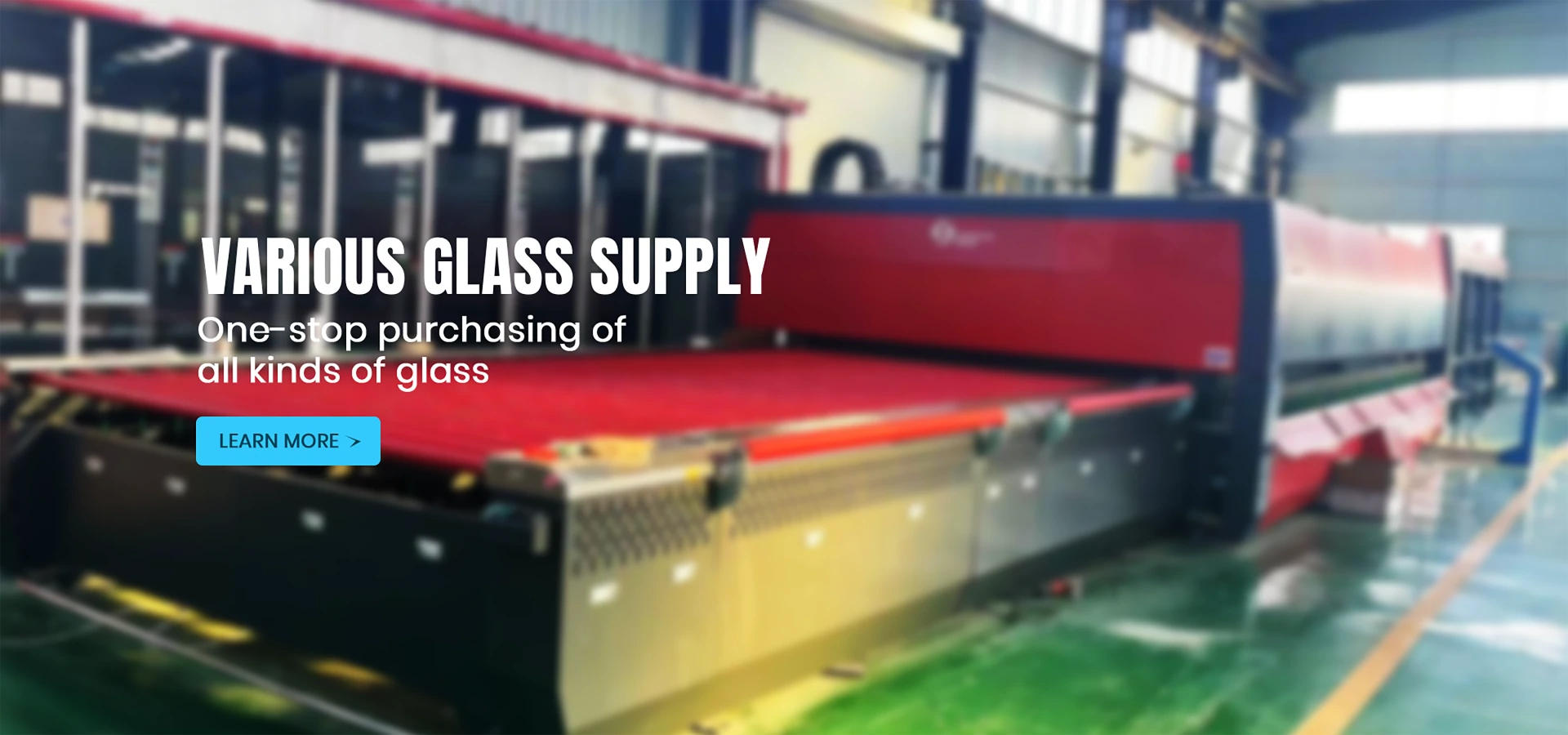Exploring the Beauty and Functionality of Float Bath Glass
Float bath glass, a remarkable innovation in the field of glass manufacturing, has transformed not only industrial processes but also the aesthetics of architecture and design. This method, which creates exceptionally flat and clear glass, is pivotal in various applications ranging from windows to screens, showcasing both beauty and functionality. Understanding the float bath glass process, its applications, and its advantages can provide greater insight into why it has become a preferred choice in many industries.
The Float Bath Process
The float bath method was invented in the 1950s and is a process that involves melting raw materials—primarily silica, soda ash, and limestone—into molten glass. This glass is then poured onto a surface of molten tin, creating a smooth and even layer. The lighter glass floats on the denser tin, allowing it to spread out and form a perfectly flat sheet. As the glass cools, it retains this flatness, leading to the production of high-quality glass sheets.
Control over thickness is one of the most significant advantages of this method. By adjusting the molten glass's flow and the rate at which it moves across the tin, manufacturers can produce varying thicknesses to meet the specific needs of different applications. This flexibility is complemented by the ease of achieving large, unbroken sheets of glass, which are not only aesthetically pleasing but also structurally strong.
Applications of Float Bath Glass
The versatility of float bath glass allows it to serve numerous functions across various sectors. One of the most common uses is in the construction industry, where it is employed for windows, facades, and curtain walls. Architects and builders appreciate its ability to provide unobstructed views while also offering superior insulation properties. Float bath glass can also be treated for added strength, making it suitable for high-rise buildings and other structures where safety and durability are paramount.
Moreover, float bath glass is extensively used in the automotive industry. Windshields, side windows, and rear windows are often made from this type of glass, which can be further enhanced with lamination for increased safety. The clarity and optical quality of float bath glass contribute to better visibility for drivers, enhancing safety on the road.
float bath glass
In the tech world, float bath glass finds application in the manufacturing of screens for televisions, smartphones, and tablets. The high definition and smooth surface facilitate vibrant displays and reliable touch responsiveness. As technology continues to advance, the demand for high-quality glass used in electronic devices will only rise, further solidifying float bath glass’s importance in modern manufacturing.
Advantages of Float Bath Glass
The benefits of float bath glass extend beyond its aesthetic appeal and versatility. One of the most notable advantages is its exceptional optical clarity. The process minimizes distortions, ensuring that light passes through with minimal interference. This property is crucial for applications where transparency is paramount.
Environmental considerations also play a role in the advantages of float bath glass. Manufacturers are increasingly aware of the importance of sustainability, and the float glass process is relatively environmentally friendly compared to other methods. The use of raw materials that can be recycled and the lower energy consumption in production contribute positively to the environment.
Additionally, float bath glass is known for its resistance to weather influences. It can withstand extreme temperatures and is less likely to warp or bow when exposed to heat as compared to other types of glass. This attribute not only enhances the durability of the glass but also reduces the need for replacement, further contributing to sustainability.
Conclusion
Float bath glass represents a remarkable fusion of beauty, functionality, and technological innovation. Its applications span numerous industries, from construction to technology, demonstrating its versatility and essential role in modern life. As we continue to advance in our understanding and utilization of this material, float bath glass will undoubtedly remain at the forefront of design and engineering, embodying the perfect balance between aesthetic appeal and practical utility. Whether gazing through a clear window or admiring the sleek surface of a high-definition screen, the impact of float bath glass is all around us, making our environments more beautiful and functional.
 Afrikaans
Afrikaans  Albanian
Albanian  Amharic
Amharic  Arabic
Arabic  Armenian
Armenian  Azerbaijani
Azerbaijani  Basque
Basque  Belarusian
Belarusian  Bengali
Bengali  Bosnian
Bosnian  Bulgarian
Bulgarian  Catalan
Catalan  Cebuano
Cebuano  Corsican
Corsican  Croatian
Croatian  Czech
Czech  Danish
Danish  Dutch
Dutch  English
English  Esperanto
Esperanto  Estonian
Estonian  Finnish
Finnish  French
French  Frisian
Frisian  Galician
Galician  Georgian
Georgian  German
German  Greek
Greek  Gujarati
Gujarati  Haitian Creole
Haitian Creole  hausa
hausa  hawaiian
hawaiian  Hebrew
Hebrew  Hindi
Hindi  Miao
Miao  Hungarian
Hungarian  Icelandic
Icelandic  igbo
igbo  Indonesian
Indonesian  irish
irish  Italian
Italian  Japanese
Japanese  Javanese
Javanese  Kannada
Kannada  kazakh
kazakh  Khmer
Khmer  Rwandese
Rwandese  Korean
Korean  Kurdish
Kurdish  Kyrgyz
Kyrgyz  Lao
Lao  Latin
Latin  Latvian
Latvian  Lithuanian
Lithuanian  Luxembourgish
Luxembourgish  Macedonian
Macedonian  Malgashi
Malgashi  Malay
Malay  Malayalam
Malayalam  Maltese
Maltese  Maori
Maori  Marathi
Marathi  Mongolian
Mongolian  Myanmar
Myanmar  Nepali
Nepali  Norwegian
Norwegian  Norwegian
Norwegian  Occitan
Occitan  Pashto
Pashto  Persian
Persian  Polish
Polish  Portuguese
Portuguese  Punjabi
Punjabi  Romanian
Romanian  Russian
Russian  Samoan
Samoan  Scottish Gaelic
Scottish Gaelic  Serbian
Serbian  Sesotho
Sesotho  Shona
Shona  Sindhi
Sindhi  Sinhala
Sinhala  Slovak
Slovak  Slovenian
Slovenian  Somali
Somali  Spanish
Spanish  Sundanese
Sundanese  Swahili
Swahili  Swedish
Swedish  Tagalog
Tagalog  Tajik
Tajik  Tamil
Tamil  Tatar
Tatar  Telugu
Telugu  Thai
Thai  Turkish
Turkish  Turkmen
Turkmen  Ukrainian
Ukrainian  Urdu
Urdu  Uighur
Uighur  Uzbek
Uzbek  Vietnamese
Vietnamese  Welsh
Welsh  Bantu
Bantu  Yiddish
Yiddish  Yoruba
Yoruba  Zulu
Zulu 

